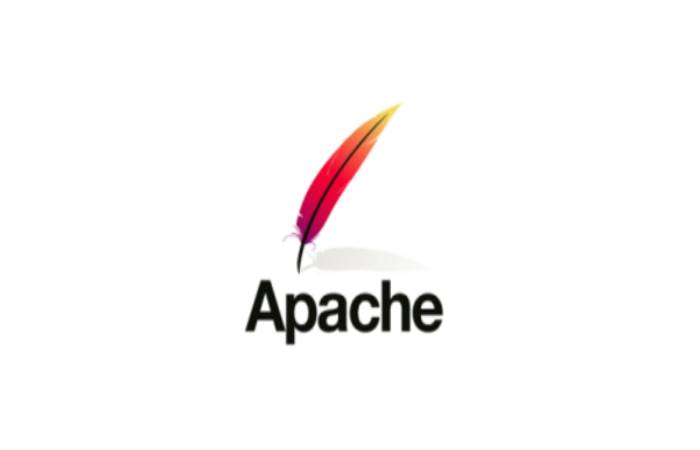Table of Contents
Introduction
The Apache HTTP Server, aka simply Apache, is free, open-source, cross-platform web server software operating on numerous operating systems like Windows, Linux, and macOS.
Furthermore, developed initially by a group of software programmers, Apache is now maintained by the Apache Software Foundation.
How Does Apache Work?
Apache is a modular web server that practices a multi-process, multi-threaded model to handle real-time multiple requests efficiently. Upon a new request, a parent Apache process assigns it to a child process, which then handles the request independently.
Moreover, principal functionality is provided via modules like mod_ssl for HTTPS, mod_rewrite for URL management, and more. The server is configured through config files in which components are used to control its behavior.
By default, the server listens to the IP addresses configured in its config archives that are on request. This is where one of Apache’s many strengths comes into play. Virtual hosting allows the web server to host multiple sites and domains.
Performance is enhanced through caching frequently accessed files in memory, support for keepalive connections, and compressing content before delivery. All requests are logged for monitoring and security auditing. Apache’s modular, customizable design makes it a robust and versatile web server platform.
Features of Apache:
Here are some common features of Apache:
- Open-source: Free software with its code publicly available and maintained by the Apache Software Foundation.
- Dynamic content support: To generate dynamic content quickly, the web server works with scripting languages like PHP, Python, and Perl.
- Virtual hosting: Supports hosting numerous websites on a single server, each with its domain name.
- Load balancing: Allots traffic across multiple servers for better performance and scalability.
- Security features: Supports access control, SSL/TLS encryption, and various authentication methods.
- Modular architecture: Extendable with modules for additional features like caching, rewrite rules, etc.
- High performance: Practices a threaded, multiprocessing model for efficient resource utilization. Features like caching and compressing optimize speed and smoother performance.
Advantages of Apache:
Apache, an open-source and cross-platform web server, offers numerous benefits:
- As an open-source, it is completely free to use and customizable.
- The software is generally reliable and has regular patch updates to improve performance and reduce security vulnerabilities.
- The software works across multiple platforms and is compatible with WordPress websites.
- Apache works fine with programming languages such as PHP and Python.
- If a user encounters any issue, huge community support is available.
- A beginner-friendly web server that makes it easy to configure.
- A widely used web server with impressive documentation that is extensive and helpful.
Disadvantages of Apache:
As the web server offers numerous benefits, it’s better to be aware of the shortcomings the web server has:
- It can face performance issues when the traffic is high.
- Though it has modifying features, the default configurations can leave you vulnerable to security threats upon any modification.
- Regular updates shall be performed manually.
Apache Use Cases:
Over 67% of all web servers worldwide utilize Apache HTTP web servers. They are easy to customize, fast, reliable, and highly secure. Therefore, this enables the web server to be a common choice by many individuals and organizations:
Hosting personal websites and blogs
Running e-commerce platforms
Powering content management systems (CMS) like WordPress
Delivering web applications
Serving static content for high-traffic website
Conclusion:
In conclusion, the Apache HTTP Server is widely used to power web content and offers features and capabilities to support modern website development and user experience. It works by accepting client requests, processing them, and returning the appropriate response.
Understanding how Apache works can help you optimize your server for performance, security, and scalability. It is open-source software enabling customization to meet your needs.
It is a beginner-friendly, versatile, and frequently updated web server. However, users might encounter vulnerabilities due to the customization of the software. While its reputation is in decline and other web server options are increasing, Apache’s role is still pivotal in numerous technology stacks and companies’ system infrastructures.

